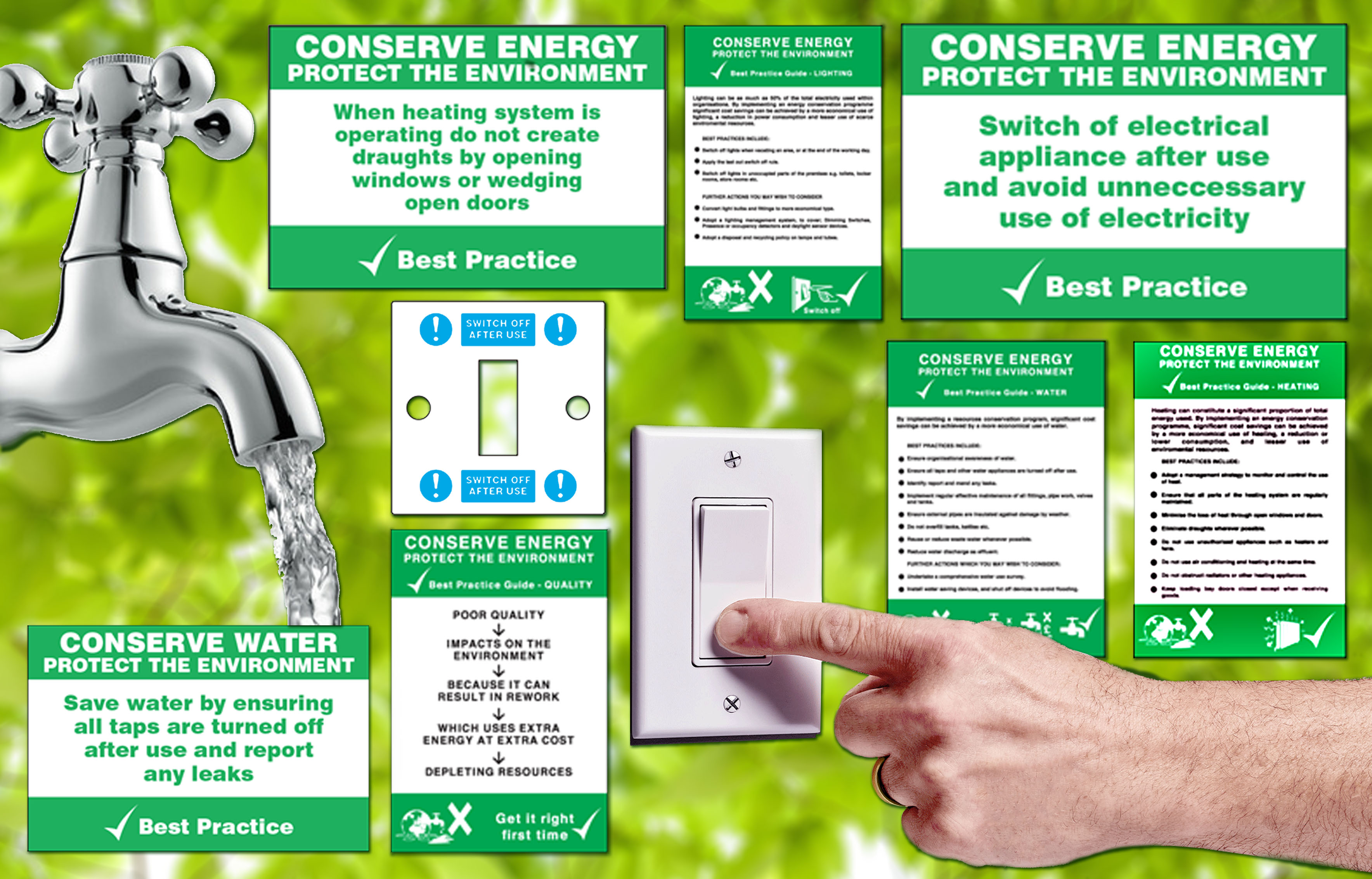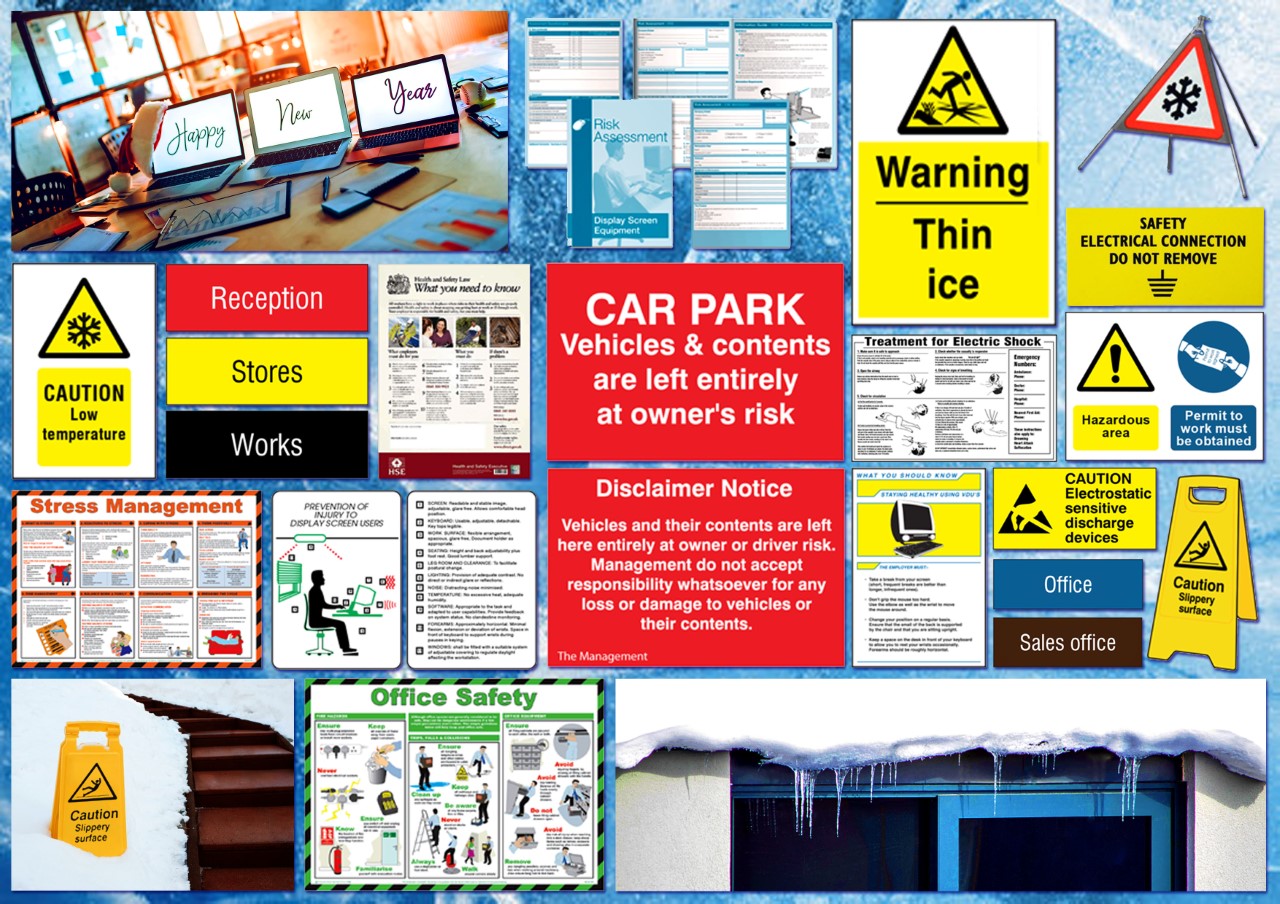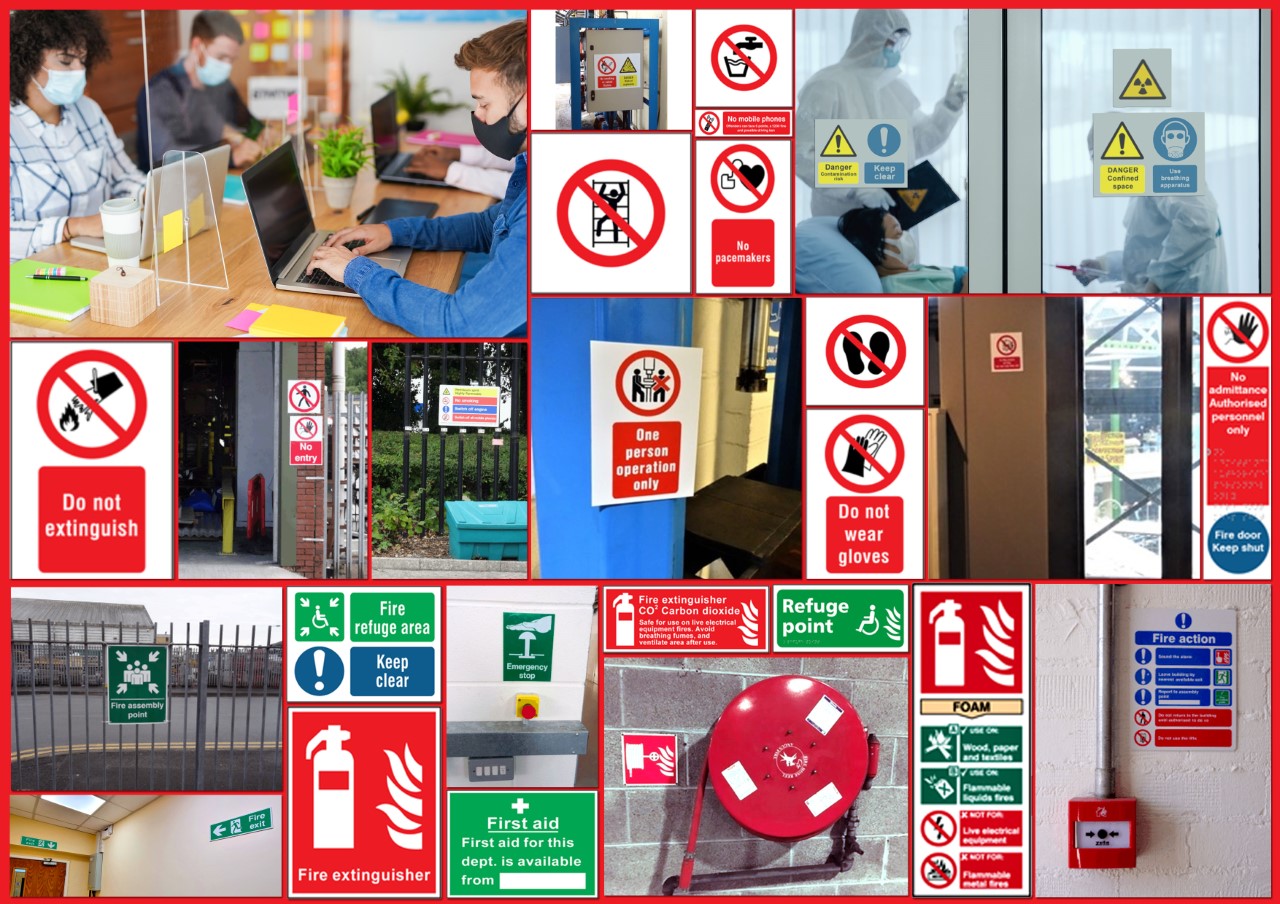
Sewers are essential to modern life. From the time of the Ancient Roman aqueducts, running water and clean toilets have, to some degree, been the cornerstone of civilisation.
Despite their importance, few of us understand how they work; we run our taps and flush our toilets, none the wiser of how it all functions.
Understandably, waste management is complex due to the labyrinthine nature of sewers. To keep them organised, waste professionals rely on a high standard of processes and labels.
Below, we discuss the types of sewerage systems, where sewage goes and list the essential sewer signs and tapes. More...

Chemical safety is essential. Most industries have safety standards, but dealing with chemicals brings more risk than other industries: chemicals can have serious knock-on effects, from life-changing injuries to environmental disaster.
That’s why chemical safety regulations are so important. The EU responded to chemical safety concerns in 2006 with Registration, Evaluation, Authorisation and Restriction of Chemicals (REACH). More...

Conservation is usually reserved for discussions around the environment. However, typically, minimising waste has an additional benefit: saving money.
Most businesses want to help the environment and local waste level, but often, wrongfully, see it as a money sink. Conservation is a key path to creating more efficient, better systems in your workplace. More...

Nobody likes working in the cold. Unfortunately, living and working in the UK means that we have to face bad weather, well, pretty much all the time.
However, you don’t need to rely solely on water bottles and blankets. As an employee, your workplace is responsible for keeping you safe, warm, and comfortable. There are, contrary to popular belief, laws in place regarding legal working temperature.
As employers, you are responsible for the comfort and safety of your employees. Arguments over office temperature are common, but adhering to the below list of tips and legal requirements will ensure your workers stay toasty. More...

Well, that was a year, wasn’t it?
2021 brought some tough safety challenges, much like 2020. However, the industry adapted. Our experience of the COVID-19 pandemic has meant we have handled the changing waves, variants and policy changes well.
Yet, current issues in occupational health and safety will not exist forever. The future is changing, and we have identified three areas where health and safety could change in 2022. More...